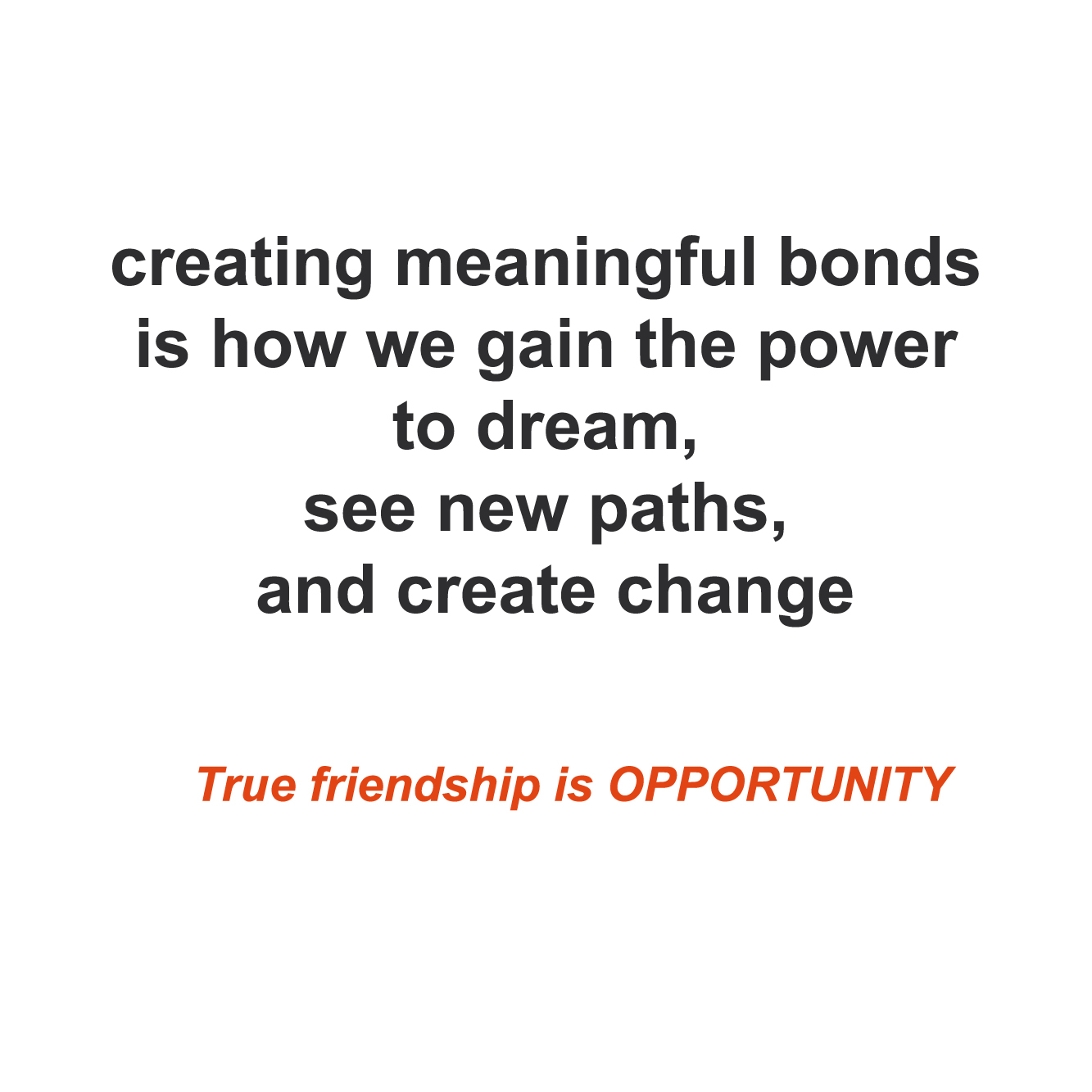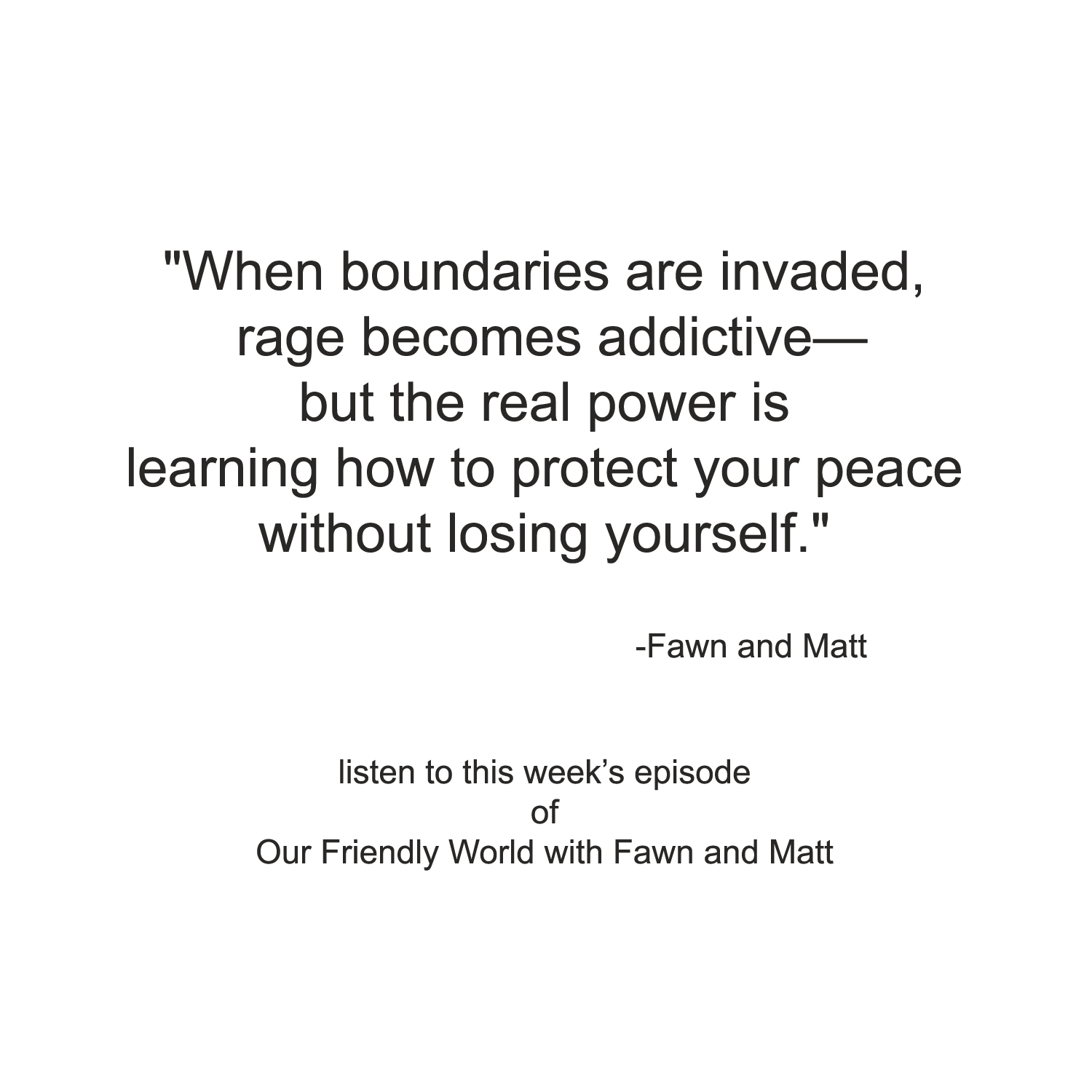Show notes #25 “Peculiar”
Nugget of Wisdom: Jesus and the Bread Guy – Fawn recalls “… two things, two, if you pick two things in the neighborhood, within the community that are a constant, you never thought about together at the same time; in the neighborhood, you never thought had a connection. If you take two things or two people that are consistent in the neighborhood that you never connected; like they are not going to cross, or it didn't even cross your mind, but when you see it, it makes total sense. Have you ever had an epiphany like that?” This story is about two main fixtures in the Santa Monica/ Venice neighborhood that one early morning Fawn became aware had a divine, spiritual connection to one another that brought her a deeper understanding of our connections within our community.
PECULIAR - pe·cu·liar /pəˈkyo͞olyər/ adjective
Similar words: Strange, unusual, odd, funny, curious, bizarre, weird, uncanny, queer, unexpected, unfamiliar, abnormal, atypical, anomalous, untypical, different, out of the ordinary, out of the way, exceptional, rare, extraordinary, remarkable, puzzling, mystifying, mysterious, perplexing, baffling, unaccountable, incongruous, uncommon, irregular, singular, deviant, aberrant, freak, freakish, suspicious, dubious, questionable, eerie, unnatural, bizarre, backasswards, eccentric, idiosyncratic, unconventional, outlandish, offbeat, quirky, quaint, droll, zany, off-center, wacky, freaky, kooky, screwy, oddball, off the wall
Opposite: normal, ordinary
Similar words: distinctive, characteristic, distinct, different, individual
BUT ALSO: Peculiar comes from Latin peculiaris, an adjective meaning "privately owned" or "special" that is derived from the word for "property," peculium. ... Peculiar borrowed the Latin meanings of peculiaris, but it eventually came to refer to qualities possessed only by a particular individual, group, or thing.
An article by Jess Zafarris: The Etymoooology of “Peculiar” “Peculiar” comes from the Latin peculium, literally “property in cattle,” a meaning that lingers in “peculiar to,” meaning “belonging solely to.” Its “odd” sense arose after the term evolved to mean “distinguished, special,” describing a person or thing of great wealth or renown.
Peculium was used to describe property in general, for cattle were considered the most important form of property, and wealth was often measured in livestock. Cows were especially considered a mark of wealth and social standing because they were used to expand the scale of crop production, to haul goods and weapons in trade and war, and were also (obviously) a rich source of protein.
Owning, purchasing, and breeding cattle was considered an investment in the future, and practices involving cattle were handed down from generation to generation—meaning that cattle played a not-insignificant part in establishing early ruling classes and families.
Peculium gave rise to peculiaris, “belonging exclusively to one person,” which carried its meaning over to English in the 15th century. From there, in the 16th century, “peculiar” came to mean “distinguished or special,” suggesting someone endowed with great wealth (not necessarily in cattle) or esteem, or something else particularly renowned or remarkable.
This noteworthy sense led to what might be considered a more common use of the word today, “unusual, strange, curious,” from the 17th century—though, of course, its sense of belonging specifically/especially to someone or something remains in use today as well.
Seth Godin on “Peculiar” - peculiar actually originates from the Latin word for cattle. It means private property. You own the cattle, but peculiar means you are in and out of yourself.
Seth Godin says peculiar means you are in and out of yourself.
Matt: So if we want to talk about peculiar with regard to cattle, typically cattle herd, they like to stay. And this is again my belief, but cattle like to be in herds. They like to be close to one another. They don't like to be off on their own. So I could see where maybe cattle comes into it because a peculiar cattle is probably one that might be sick or something might be going on with. So we have to be careful there. You know, mad cow disease, et cetera, et cetera. I'm sure there are all kinds of bovine diseases that can occur.
Fawn: Taking it away from disease, I'm just thinking I'd probably be one of the cattle that's like “I'm outta here, man. I'm not going along with you.” As a child, Fawn was called the black sheep.
Matt: Right, but typically, what is it, “the Judas goat leads the cattle into the slaughter or so anyways, let's, let's change that subject very quickly then let's talk about in and out.
So I know how to do the opposite of being peculiar, which is to blend in.
I can go in and out so I can be part of the herd and then I can also be out of the herd. And so in many ways I'm kind of in and out, particularly if I'm really working on a challenging idea or I'm looking at something that no one else was looking at, et cetera, et cetera, I'm pondering something no one else was really pondering. There's a certain comfort in being with the people, but then there's also a huge amount of satisfaction being. Outside being the outsider kind of looking in. And so that's where I draw the in and out from.
Fawn: I've never been able to go with a masses, I've never been able to go with the crew or whatever you call it. I. I stick out like a sore thumb, probably March to the beat of a different drummer, and that has really negative connotations to it, too. “They marched to the beat of their own drummer” means that there's a problem.
Matt: And that's just it. That's how you choose to define it. However, it's, it's the. It's the, forgive me. It's the Edisons it's the Teslas. It's the Henry Ford's, we can even talk about the Zuckerberg. It's about the odd ducks.
(Matt and Fawn argue about Edison and Tesla being peculiar Fawn does not like Edison and does not want him in the same talking circle as her beloved Tesla).
Matt: “It's the peculiar people who push society forward… it's these types of people who are willing to, or stand a little bit outside; the peculiar people who push things forward.”
???: If everyone was peculiar, would we all not be individuals and just become one mass?
Matt: we can't have too many of them or you're a massively fractured society. And the certain amount of fracturing is healthy too much is very bad. …
And what I'm saying is there's a reason why Tesla died penniless, and there's a reason why Edison's heirs probably still have oodles of money.
Fawn: And what's the reason? Well, because he (Edison was able to go in and out).
???: If everybody is so completely on different pages on everything, how do you get them to agree?
Fawn: my college professor, Hank Wessel who showed us that it's the simple stuff that we ignore that is actually the most peculiar. I could really look at it, but you ignore it. But it's there. And I guess that's, that would be kind of like not standing out; that blends into society kind of “peculiar”. However, on the other side of it, I just feel like so much of society teaches us to be a certain way. And it strong arms as to blend in and not be authentically ourselves.
Fawn recalls all the different towns and cities that they have lived in and how within each different town, people looked the same (same haircuts, same style of clothes, etc.).
Matt blames this uniformity on the automobile manufacturers.
Matt: why is every single car offered in (of course they don't call it this) black, white, gray, or silver. And then if you're lucky, they'll throw in a blue and a maroon. It used to be American cars, you could get any color of the rainbow. Anyone, you would just say, “oh, competition orange”. Or you would literally bring in a paint swatch and they would match it. This is way back in, I've heard in like the sixties and seventies, but like all the cars look the same. All the colors of the cars look the same. And there's a certain comfort in that anonymity. And, you know, it's the automakers, I think, who were playing to that. Cause they always have to be 10 years ahead or so. Cause that's how they design cars, but I mean, it's so hard. I mean, we really love our car, but all the, all the colors were monochromatic. I don't think we could've scored our car in a red or a blue, which is sad.
Fawn: There's a whole design aspect. You think we're controlled by just finance, right? You think THAT will be the way to control the population, but it's really interesting how design plays a role in it too. This also takes me to homeschooling. Why did we choose to homeschool? We didn't want to be a part of this factory based, cookie cutter, everyone cram in here, like an assembly line. And this is what we're going to feed you. Get out. We wanted our kids to explore all cultures and explore many languages. They're multi-lingual now they are way advanced with math and art and everything that we possibly can study. We are not doing the cookie cutter version and that's why, but everything seems to be that way, this conformity.
???: Why is conformity so prevalent?
Matt: Part of it is for comfort.
Fawn talks about this translating to the arts and to actors. Cary Grant as an example who said of his craft that when you're a movie star, people want that movie star version of you. And if you veer away from that, they get very upset. Your fans want to see you as that Cary Grant they are used to, and if you go and play some other character, that's radically different, they are not happy.
Matt: “Right. Or heaven forbid you have a social life that is reported and doesn't make you look, it doesn't adhere to this, this thought”.
Fawn brings up Diane Arbus the photographer and her images of people we wouldn’t normally look at and how haunting the images are and the importance of representing all people.
Matt: People want comfort. People want comfort in all things, and people have an unwillingness to be challenged. I think the thing about it is, is finding your tribe and finding these people who resonate the same frequency that you do. And sometimes you've got everything in common and sometimes you dress alike and sometimes you have very little in common, but those things run deep.
Fawn: Seth Godin, said something that really made me sad and made me feel like, you know what, Seth Godin, I don't want to listen to you right now.
He (Seth Godin) was talking about being authentic and he said “you don't want the authentic, don't do that. You don't want the authentic”.
Fawn: I was thinking to myself, “what the hell?”
And he (Seth Godin) said, as an example, that if you go to a Jay Z concert, you don't want the authentic Jay Z if Jay Z is having a bad day. You want the Jay Z you paid to listen to.
Fawn: But excuse me, that is art. If someone is singing or whatever, they're expressing themselves. You better? Give me the authentic, because there's feeling behind singing, there's feeling behind poetry. There's feeling behind photography. There's feeling behind paintings. There's feeling behind cooking. We can cook the same things you and I could cook the same exact recipe. Mine will taste different than yours. It's kind of like the movie, Like Water for Chocolate. The main character would cook something and she was sad. And when people ate her cooking while she was crying, they started crying. You know, it transfers into everything.
More on this subject continues as Fawn and Matt discuss art and what is authentic as well as perfectly crafted.
The conversation then goes into Fawn talking about authentic interactions with people and when to truly express how and what you are feeling. She comments on the fact that because we don’t talk to one another that much that when we feel isolated going through life and then we speak to someone who asks how we are doing, all our cobwebs and horrors may come out and that scares people off. But is we had more heart to hearts, things; our emotions would not be so hectic and we wouldn’t feel like we had so much to unveil and unload.
Matt has an issue with this. And explains using an example of football and the quarterback for the Steelers, Ben Roethlisberger - a conversation he never should have unleashed on, on a reporter of great scoop, et cetera, et cetera. But it wasn't something he should have unleashed at that moment. It was something he should've kept private talked about with his loved ones, his inner circle, his friends, his et cetera.
???: Why do we tear down our heroes in society?
Quote hall of fame from this episode: “If you want to go fast, go by yourself. If you want to go far, go with the team.”
?????: what do we do with this knowledge of the peculiar? Do we strive to hide our peculiarities?
Fawn’s nugget of wisdom: “We all need to be scholars. And if you're a true scholar, you're going to look at something that does not make sense to you and be open enough to look at it and marvel in its extraordinary difference and its beauty.
Please send us an email and keep in touch: www.ourfriendlyworld.com
Please leave us a review on iTunes!
Thsnk you!
Love,
Fawn and Matt

The invisible line, the invisible barriers that we need to be aware of that will set us free. So the invisible barriers we are...

In this honest and passionate episode of Our Friendly World with Fawn and Matt, the conversation dives headfirst into the complexities of being open...

In this raw and unfiltered conversation, Fawn and Matt dive into the messy reality of setting boundaries and navigating difficult relationships. From the frustrations...